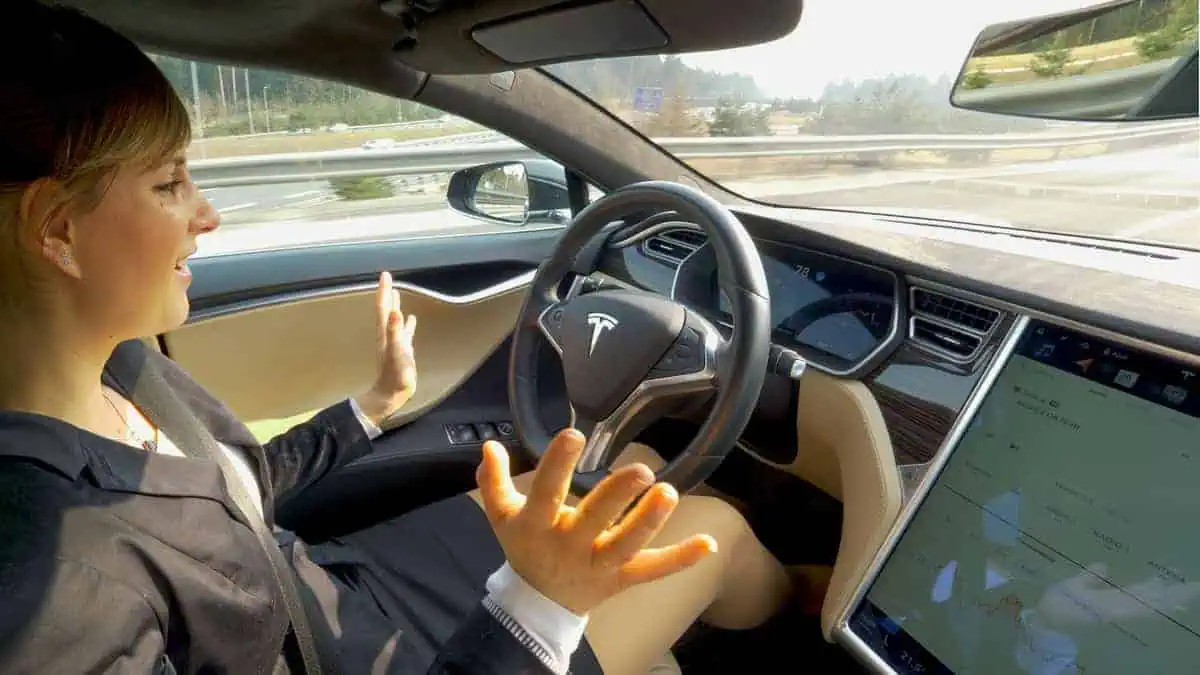As the world shifts away from combustion engine vehicles, the insurance industry will need to adapt to its policies. Most electric cars are with different level of autonomous capabilities, and there will be more and more complex coverage for cars.
Electric autonomous vehicles (E-AVs) are significantly safer because they have more complex technologies and features such as advanced driver assistance (ADS). The data collected from these systems, like sensor inputs, camera feeds, and decisions made by electronic control units will help to improve deep learning algorithms. This will make the transition to fully autonomous safer, and more flexible.
Ben Hoster, a Director with the Marsh McLennan for transformative technologies, looks at E-AVs and their implications on insurance. He considers the significance of these vehicles for auto insurance and the role insurers will play in promoting this new method of transport.
Factors in Actuaries
An actuary is a business professional who looks at the economic effects of risk.
According to The Actuary, the insurance industry will have to adapt to the adoption of electric vehicles and E-AVs. There will be a need for more comprehensive insurance policies as many forms of coverage, such as product liability, automobile liability, and cyber liability, begin to overlap.
Curate comprehensive product liability coverage
Autonomous technology will make determining contractual liability for bodily injury and property damage more difficult. OEM sensors, algorithms, and subcomponents need product liability coverage. Brokers and insurers will assist automakers in creating supplier contracts and warranty terms.
Ensure appropriate responsibility allocation
Recent accidents have held drivers accountable while ADS-equipped vehicles were in ‘autopilot’ mode. In such instances, typical motor liability applies — owners must acquire liability insurance and ensure their cars’ operational condition. A change to autonomous vehicles has led to ‘shifting liability’ towards automakers. The situation must be analyzed so that it will be known who should be liable.
Mitigate cyber risk
Cyber insurance will play a key role in protecting fleet operators and carriers against cyber-related damages. Data breach concerns are also a challenge. Accordingly, brokers and insurers must cover these risks. They will have to ensure that the covered parties’ personal information is protected.
Leverage data to build better policies
Insurers are starting to look at how self-driving trucks and cars could help move and deliver goods. Risks must be measured, so it will take some time to make a lot of policies. A lot of information will be needed to make fair liability policies for self-driving cars.
Adapt business models to the evolving ownership styles
E-AVs and their hardware are likely expensive, so it might opt for consumers to lease or use shared mobility options. In this case, insurance models must evolve toward a B2B (business to business) configuration rather than private ownership.
E-AVs bring a lot of benefits. They are a lot safer, they are more innovative, they cost less in the long run, and most importantly, they are sustainable.
Accordingly, 60% of consumers are concerned about remote vehicle monitoring, and the majority don’t have an idea about E-AVs. Insurers and risk management specialists will also play a key role in influencing public views.
Actuaries should be able to catch up with auto-safety features to realize better the benefits that E-AVs bring. Enhanced safety features will reduce accident frequency and premium value, affecting long-term insurance sales.
With the government’s support and urge to use electric vehicles, the telematics industry is expected to grow in the next decade. However, the E-AV adoption still depends on public acceptance.






